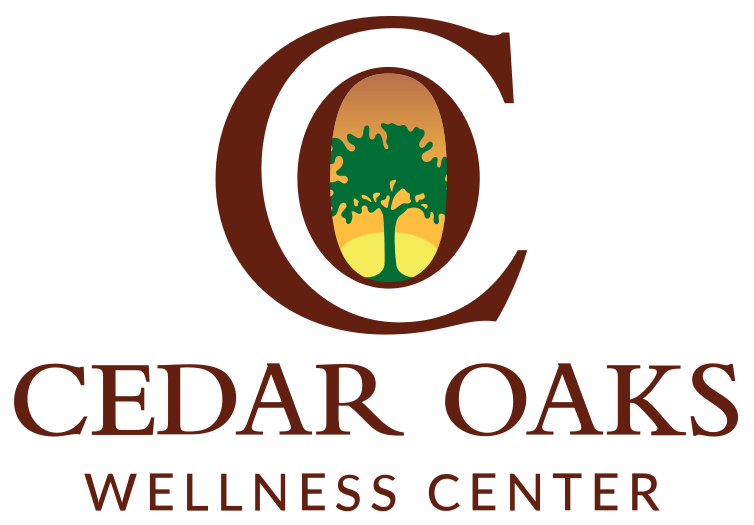What Are the Symptoms of Heroin Abuse?
Heroin abuse is dominant among adolescents and adults. According to the National Survey on Drug Use and Health, about 1.1 million people aged 12 or older used heroin between 2020 and 2021. Heroin can have devastating consequences on the user’s life, family, and friends. It can be challenging to control heroin intake once it has spiraled into dependence, which at this stage, signifies addiction. Only with medical help can the individual overcome this addiction.
People with heroin addiction often try as much as possible to conceal their addiction from their loved ones because of shame and backlash. Therefore, it is essential for loved ones to know the various heroin abuse symptoms and signs and understand how this drug addiction works to offer them the best support to aid their recovery.
Cedar Oaks Wellness Center is a Cincinnati drug and alcohol rehab that offers comprehensive heroin addiction treatment. To learn more about our Cincinnati heroin drug rehab center, call and speak to a member of our admissions team.
How Addictive is the Heroin?
Heroin is a white or brown-powdered substance derived from the opium poppy flower, native to Mexico and South America. The substance can be snorted or injected.
Heroin is highly addictive, leading to psychological and physical dependence after repeated use. This drug takes over the brain’s cognitive processes, including controlling the production of the brain’s chemicals. Consistent use will force the central nervous system to depend on the drug to achieve euphoric effects instead of allowing the biological process to occur. Over time, the drug becomes part of the individual’s lifestyle, damaging their relationships and normal living.
Symptoms of Heroin Abuse
Signs of heroin abuse vary depending on the individual and level of addiction. Heroin use symptoms could be psychological or physical, and here are what you should look out for;
Psychological Symptoms
- Poor concentration
- Depression and feelings of guilt
- Despair
- Hallucination
- Confusion
- Poor decision making
- Secretive behaviors: The person may lie about their whereabouts.
- Irregular sleep patterns
- Frequently borrowing money and always in debt
- Stealing money to fund their misuse if need be
- Social and family withdrawal
- Poor hygiene practices
- Worsening school or job performance
- Isolation
Physical Symptoms
- Inexplicable weight loss
- Tiredness
- Watery eyes
- Bruising or needle marks on the skin
- Runny nose
- Pale skin
- Low blood pressure
Heroin Treatment Options
Heroin abuse negatively impacts an individual’s state of mind and living. It damages their romantic, family, and work relationships. The good news is treatment is readily available, so if you or someone you know has a heroin addiction, Cedar Oaks specialists can provide evidence-based treatment to overcome addiction.
The following is what is provided to fight heroin abuse:
Detoxification
Detox is the removal of drugs or alcohol substances from the body under medical supervision. Treatment of heroin addiction begins with detoxification. The process aims to cleanse the individual of any toxins and manage withdrawal symptoms that arise after.
Once the person ceases to use, they develop severe withdrawal symptoms, such as insomnia, nausea, and vomiting. These symptoms may be so painful that the individual may use them again to ease the pain. If improperly managed, it may lead to the person’s death. This is why this procedure is best performed in a medical setting. Detoxification for heroin abuse typically lasts between 10 – 14 days. You should know that detox isn’t a standalone treatment but an essential part of the treatment process.
Therapy
Therapy is the next step following detoxification. It is the central part of recovery because it identifies the cause of the addiction and develops a holistic and individualized plan to fight it. This plan includes evidence-based treatment like cognitive-behavioral therapy, acceptance and commitment therapy, and dialectical behavioral therapy.
Cognitive behavioral therapy (CBT) focuses on harmful thinking patterns and seeks ways to replace or modify them. It is the most used form of treatment due to its practical hands-on approach.
Acceptance and commitment therapy (ACT) is similar to CBT but focuses on the individual’s values. By understanding values, individuals can accept who they are and work according to their beliefs.
Dialectical behavioral therapy (DBT) helps the person with addiction develop stress tolerance. It teaches the individual to negate harmful feelings by practicing mindfulness and meditation.
These various forms of therapy are carried out in a residential inpatient or outpatient setting. Therapy lasts 28 days but could be longer, depending on the severity of the addiction.
Cedar Oaks Wellness Center Treats Heroin Abuse
At Cedar Oaks, your recovery is of utmost importance to us. We offer the best residential inpatient drug rehab in Ohio. We assess our patients carefully and create a beneficial comprehensive treatment plan. Give us a call today at 1-866-902-2994.


